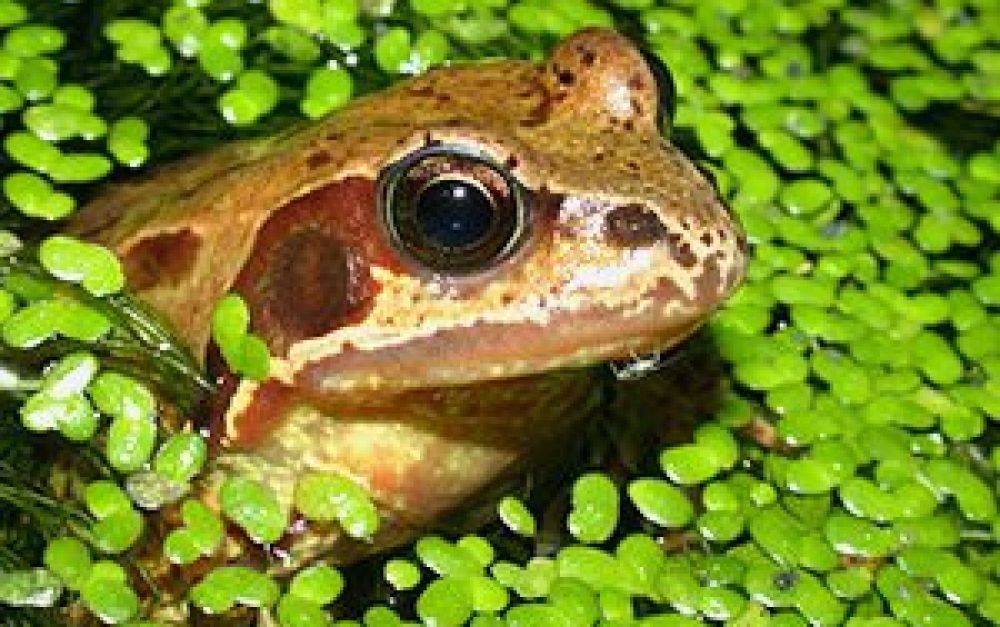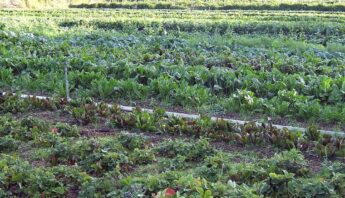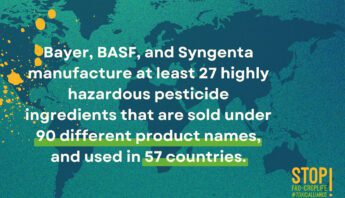Many scientists rank biodiversity loss very high on their list of urgent global concerns. Chemical contaminants have long been understood as an important driver, but empirical evidence on a large scale has been sparse.
A new study published in the Proceedings of the National Academy of Sciences provides compelling data to fill this gap. Researchers found that biodiversity dropped in pesticide-laden streams in three countries: Germany, France and Australia.
The study examines biological diversity data at both the species and taxonomic family level, and groups the stream sites into three “contamination categories” according to pesticide levels found through monitoring.
Both family and species biodiversity decreased significantly with increased pesticide contamination.
Biodiversity loss in perspective
Five great extinction events have reshaped earth in the past 439 million years, each wiping out between half and 95% of planetary life. The most recent was the killing off of dinosaurs. Today, scientists tell us, we're living through a sixth great cataclysm.
Seven in ten biologists believe that today's trajectory toward mass extinction poses an even greater threat to humanity than the global warming which contributes to it. So the value of studies identifying drivers of the trend cannot be overstated.
This most recent research used a “species-at-risk” indicator in the analysis, tagging species that previous studies have identified as particularly susceptible to pesticides. As toxicity increased, so did the proportion of the sensitive species adversely impacted, in both Europe and Australia.
Sites were screened for other environmental factors that might affect species diversity, and a second line of analysis was used to determine whether other water quality factors could be adversely affecting biodiversity.
The researchers found no consistent link to other indicators, leaving pesticide contamination as the main driver of biodiversity loss.
Prioritizing action on pesticides
The authors called for more protective standards — and for more ecotoxicology investigations to cover large-scale pesticide applications, as these are most relevant to policy and real-world impacts.
“The measurement of the environmental concentrations of pesticides is difficult and expensive due to their episodic and low-level exposure and the multitude of substances. Therefore, the actual effects of pesticides can easily be misattributed to other… drivers… which are better understood and can be more easily investigated.”
We know that pesticide drift and residues on our food are major routes of exposure that pose potential harms to human health. The fact that pesticides are bad for other organisms comes as no surprise.
The question is, just how much evidence do we need linking pesticides to broad ecological harms before we begin the wholesale shift to safer alternatives?







